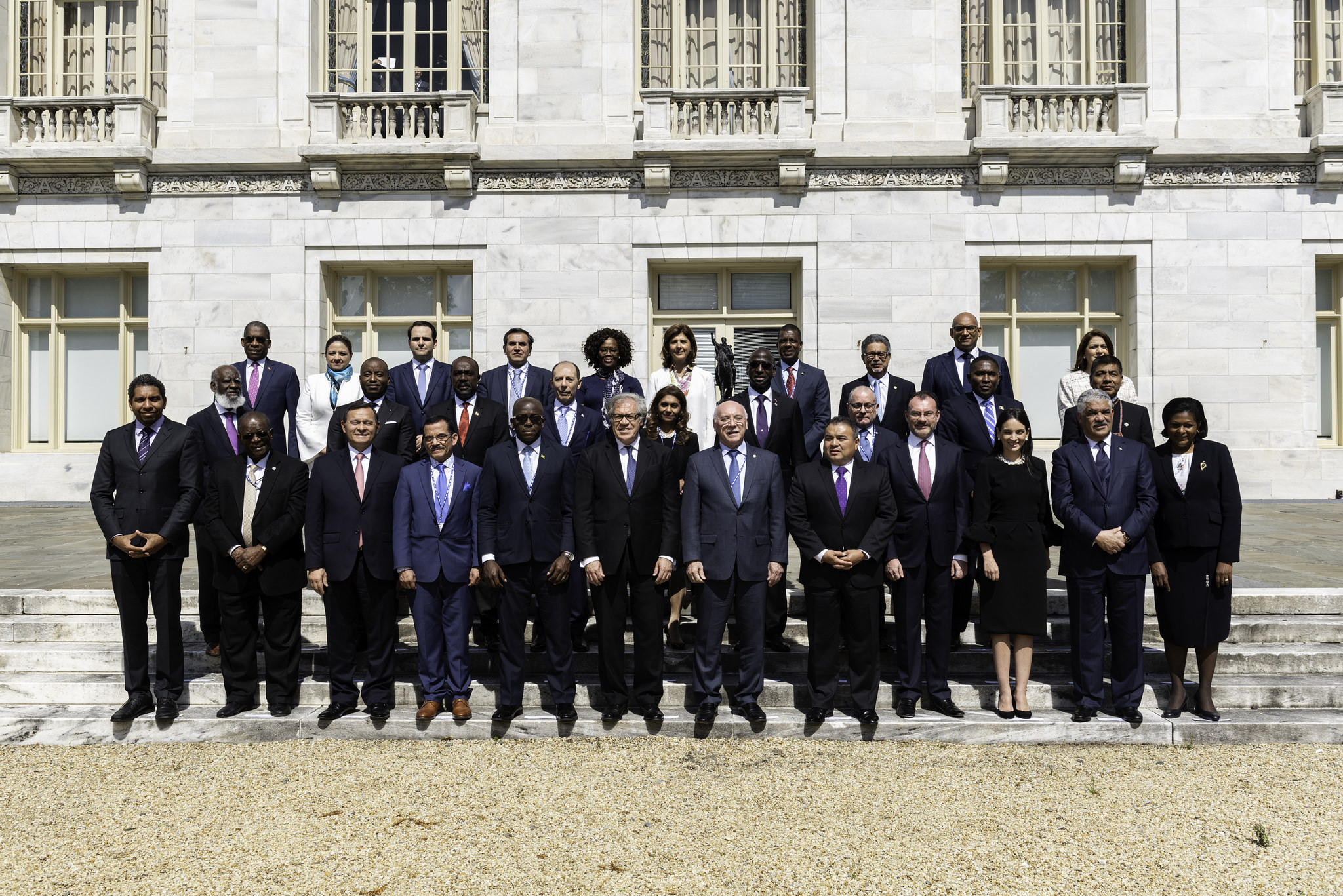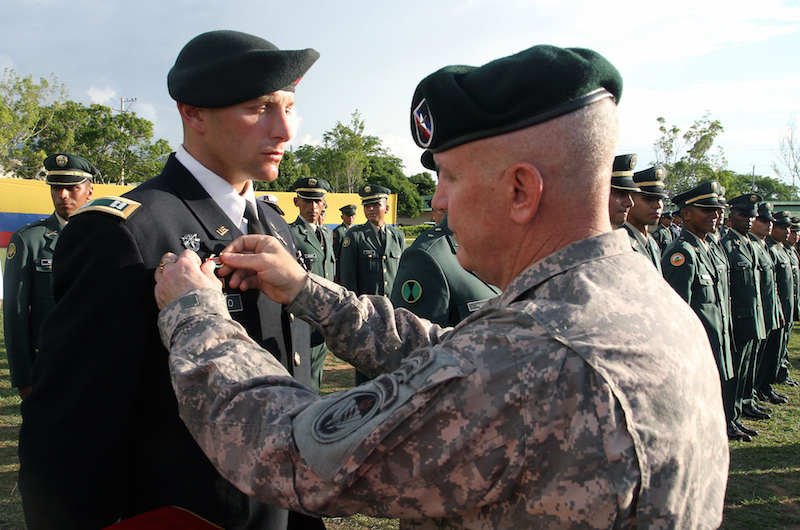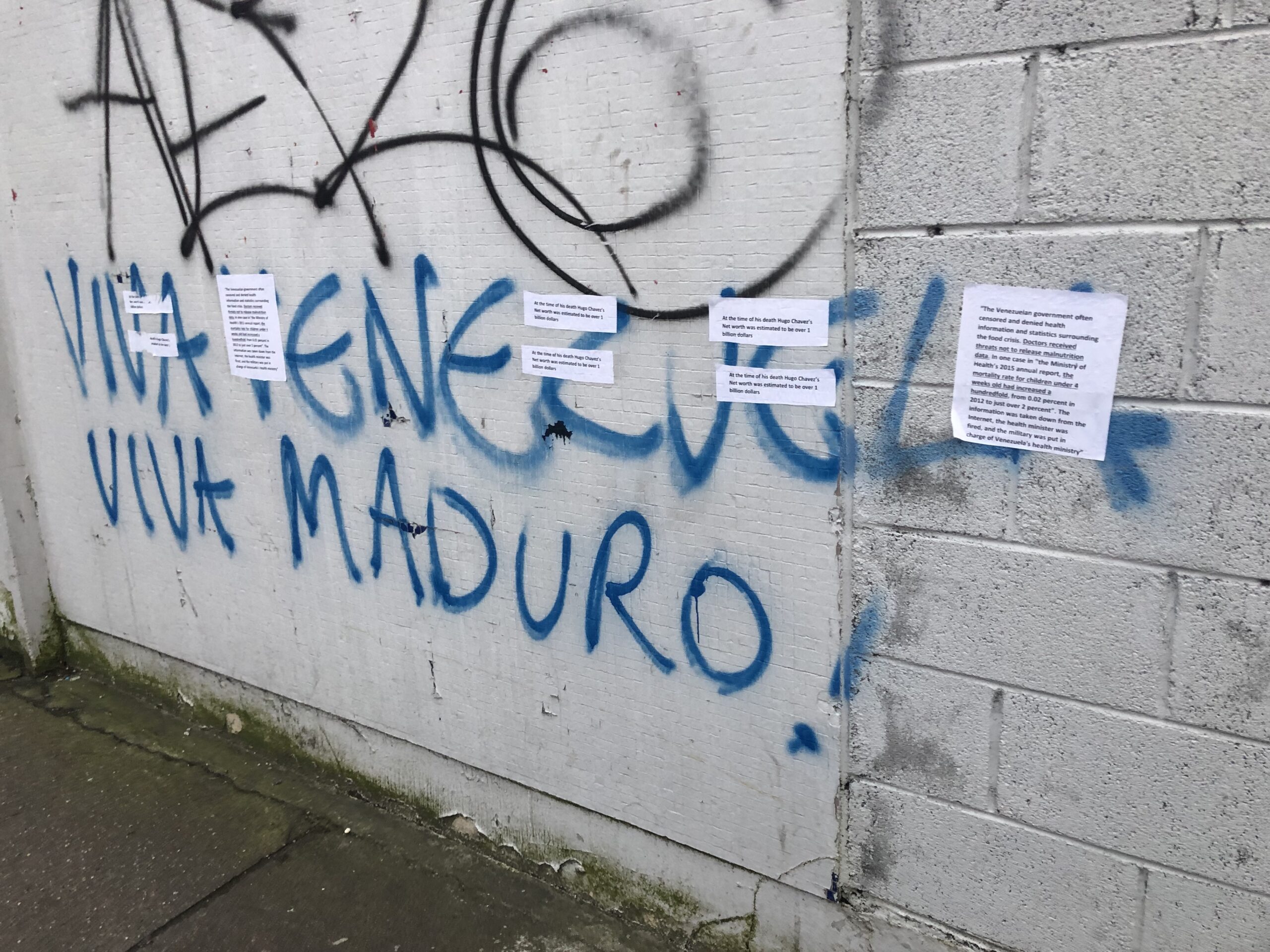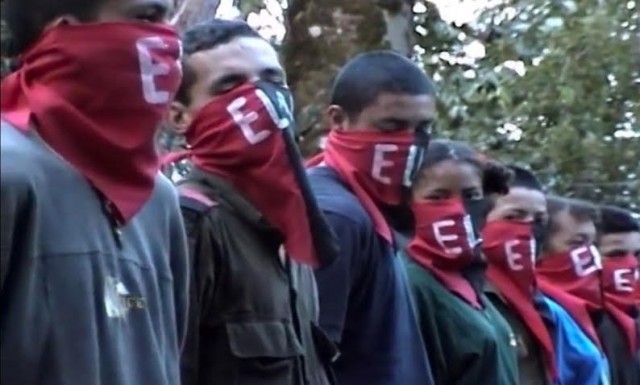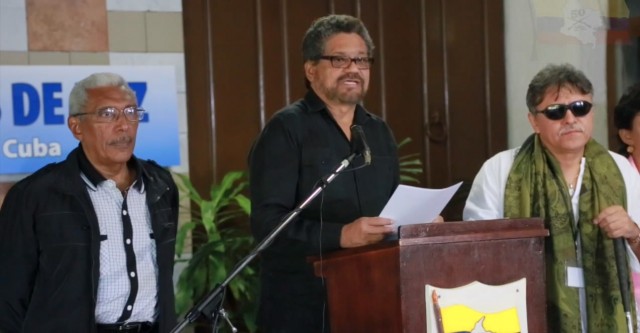
Andes, Colombia, News Briefs
FARC Rebels Announce a Ban on the Recruitment of Child Soldiers
February 12, 2015 By Dusty Christensen
FARC rebels in Colombia announced Thursday an immediate and indefinite ban on the recruitment of child soldiers under 17 years old, a concession that the government and human rights advocates have for years been demanding of the FARC, which previously allowed for the recruitment of soldiers as young as 15 years old.
The announcement comes as peace talks continue in Havana between the government and the FARC, where both parties are currently negotiating a resolution on the fourth of six agenda points — victims’ rights. The issue of child soldiers has been a major sticking point in this stage of the talks, as all sides in the country’s 50-year armed conflict have been accused of using minors as soldiers.
“The FARC… has decided from now on not to incorporate minors under 17 years old into the ranks of the guerrillas, and expresses the wish to soon reach a peace accord with social justice,” Iván Márquez, the FARC’s lead negotiator in Havana, told journalists Thursday. Márquez also called on the government to stop its own alleged use of children — both in intelligence work and by forcibly recruiting young men into their ranks.
In a statement on its website, the Colombian attorney general’s office cautiously praised the move, which it said “would enable the organization to move towards compliance with the rules of international humanitarian law.” However, the statement concluded that the announcement is “insufficient,” and that the FARC must definitively end the practice of recruiting minors and release those children currently involved with the rebel group.
“It’s a good step, but it’s only a step,” said Adam Isacson, a senior associate at the Washington Office on Latin America whose research focuses on Colombia. “What about those already in their ranks who are under seventeen?” In 2005, Human Rights Watch estimated that between 20 to 30 percent of FARC combatants were under 18 years old.
On Tuesday, a commission of 12 Colombian historians presented an 800-page report on the armed conflict as part of continuing negotiations over the rights of the conflict’s nearly 7 million victims. In addition to victim’s rights, two points remain on the peace talks agenda: “end of conflict” and the agreement’s implementation.
Isacson sees the FARC’s latest announcement as a positive sign for the peace talks. “This shows that the process does have momentum towards a possible conclusion,” he said.
Image: YouTube
About Dusty Christensen
Dusty Christensen is a writer based in New York City, and a producer of LAND's podcast, Radio Dispatch. His work has appeared at The Nation magazine, NPR's Latino USA, Eight by Eight magazine and Alternet, among other places. He speaks English, Spanish, Russian and Ukrainian with varying degrees of success, and is currently a Quechua-language FLAS Fellow at New York University.
